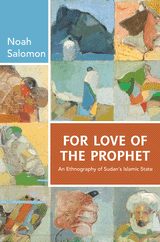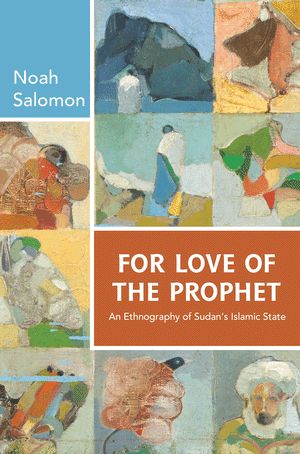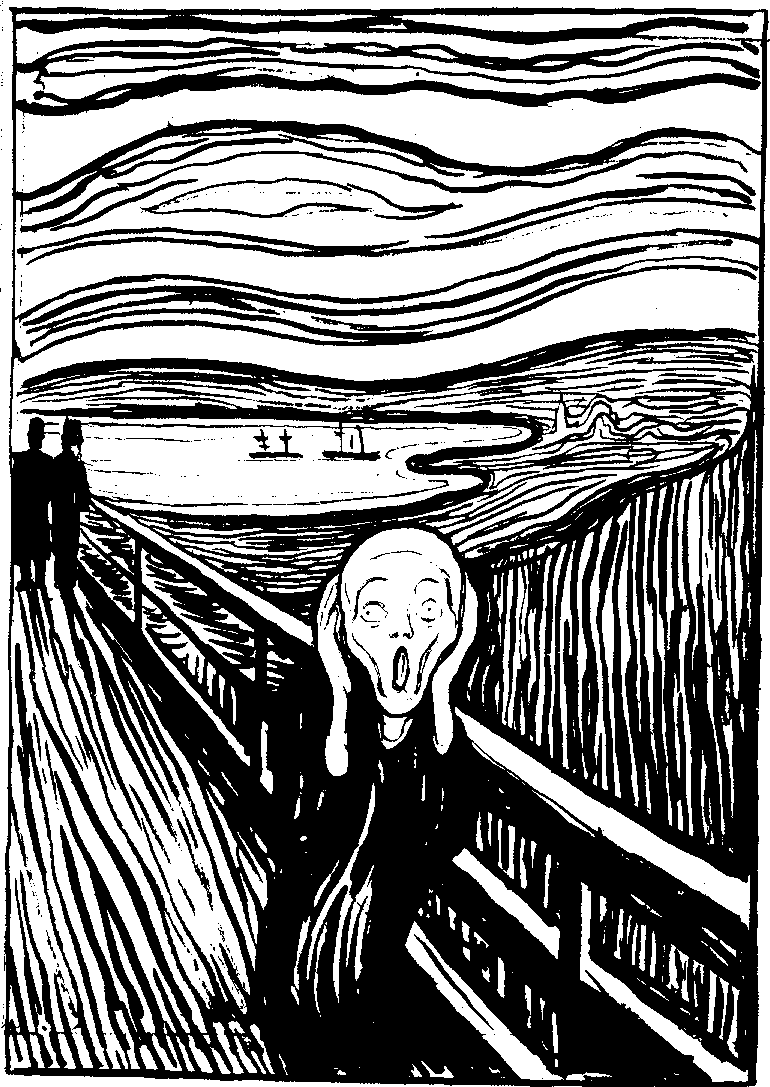The matter of the love-hate relationship between psychoanalysis and public life has an unexpected link to the complexities of secularism in the United States. Officially, psychoanalysis has been dismissed as a mode of inquiry into the issues of public life and especially into the states of mind of its actors. This is the result of the famous Goldwater Rule, introduced into the ethics code of the American Psychiatric Association following the 1964 presidential election, when analysts had the temerity to “diagnose” Barry Goldwater without the benefit of having him on their couches.
Latest posts
The American tradition of tolerance and free speech
 by
Christine Baker
by
Christine Baker
Much has happened since Denise Spellberg’s Thomas Jefferson’s Qur’an came out in 2013. When I first read it, I treasured it for challenging grand narratives of Islam vs. "the West." But now, sadly, I take away a different lesson: Rather than focusing on the tolerance espoused by some of our Founding Fathers, I am instead struck by Spellberg’s insights into the intolerance in our history and how easily attacks against a perceived Other can lead to vitriol aimed at religious and ethnic minorities more widely. Today we often refer to "Judeo-Christian civilization" but, as Spellberg points out, this term excludes Muslims from that shared history. Spellberg’s book reminds us of the strong tradition of tolerance in the United States, but also of how it is easy to fall short of that goal. . . . Thus, Thomas Jefferson’s Qur’an has proven incredibly valuable for teaching. It provides students with concrete evidence against a simplistic narrative of a "clash of civilizations" between Islam and the West. As Spellberg points out, while Jefferson may have personally held some bigoted views about Muslims, he retained his curiosity about Islam and opposed any kind of religious test for American citizenship or political office; Jefferson supported the possibility of a future Muslim president.
For Love of the Prophet—A reply
 by
Noah Salomon
by
Noah Salomon
For Love of the Prophet certainly is a book about Sudan, but, like all ethnographies, it is also very much autobiographical. Indeed, the book starts with an anecdote about me and my own wanderings during my dissertation fieldwork: How what I assumed to be true in my framing of the project proved otherwise and how I was forced to rethink my own research questions in light of what I found. In a very real sense, For Love of the Prophet is a record of my own schooling by the people and situations I confronted, forcing me to ask new sorts of things of the individuals I met and to look at the world they inhabited in new ways. Yet, in calling my book “autobiographical” I mean something more than that it is about me personally. Rather, the book serves as a mirror for a very particular moment of our history in the West, one in which “the Islamic” has unsettled how we imagine the state, not only in our examinations of experiments in Islamic statehood such as the one I study in Sudan, but at home as well. Everything we hold dear about our own state project—equality, liberty, rule of law, the very idea of a citizenship blind to religion—seems to be upset by the those who pose an Islamic exception. From the Muslim Ban to Brexit to the looming possibility of a Le Pen victory in France, the Islamic is frequently positioned as a challenge to the modern state, and in its conjuring often muddles the coherence of the principles the modern state claims to uphold.
The inevitable Islamic State? The paradoxes of Sudanese politics and society
 by
Abdelwahab El-Affendi
by
Abdelwahab El-Affendi
Noah Salomon’s recent book, For Love of the Prophet, is a lesson in academic creativity in the face of adversity. As the author details in his candid introduction, he went to Sudan in search of the “Islamic State,” only to discover that it was nowhere to be seen. Deprived of his object of study, he was able to conjure it by renaming it. What other researchers would call “civil society” was re-christened as an ubiquitous Islamic state that was found everywhere, from bus rides to mosques and mystical rituals. The enemies of this state, no less than its supporters, all became part of this amorphous phenomenon called the Islamic state. As he puts it, the opponents of Islamism vied with its constituencies (due to its “hegemony” and “magnetism”) in a contest to speak its language. This “discovery,” Salomon argues, compelled him to ask his questions in a new form. Rather than focus on the state as a despotic entity, the question was re-formulated in terms of what can be learned from examining “state power as productive and not solely repressive.” This radical claim is supported by an even more radical rejection of the widely accepted separation between state and civil society and its enveloping public sphere.
Taking the Islamic in “the Islamic state” seriously
 by
Mayanthi L. Fernando
by
Mayanthi L. Fernando
I want to focus on Salomon’s argument that the secular state—in this case the British colonial one—is in the business not of separating religious from political life but of administering and managing religion, which necessarily includes defining its proper form and molding the various practices the state finds on the ground to fit that form . . . . Yet the Sudanese state is not, Salomon also wants to argue, merely another instantiation of a secular state; there is something specific to the “Islamic” in this Islamic state. As he writes, “the method by which Islamic sources are engaged in order to produce the present state, the way in which these sources inflect its politics in new directions unimagined by the state’s colonial pioneers, and the results of state projects in religion-making as they intersect with diverse spiritual practices on the ground, certainly distinguish the contemporary Islamic state from the secular colonial state.” . . . The dexterity with which Salomon maps these continuities and discontinuities between the secular colonial state and the Islamic post-colonial one is compelling. But it made me wonder about the distinction he draws between a secular state and an Islamic state.
Salafism in Nigeria: An introduction
 by
Alexander Thurston
by
Alexander Thurston
Studying Salafism is important not just for analyzing jihadist movements or clarifying twentieth-century Muslim history, but also for better understanding the role of religion in contemporary life. What claims to authenticity are religious movements making? What mechanisms sustain these claims? How do these mechanisms shape the preaching and writing of religious leaders, and the expectations and preoccupations of their audiences? My new book, Salafism in Nigeria, explores these questions through a case study of Africa’s most populous country. The book argues that Salafism is animated by a canon of texts. This canon foregrounds the Qur’an and the reported words and deeds of the Prophet (texts known as hadith reports). At the same time, the canon gives a surprisingly prominent place to the work of twentieth-century scholars. The canon structures Salafi preaching and is a key tool that Salafis use in debates with other Muslims—and with each other.














